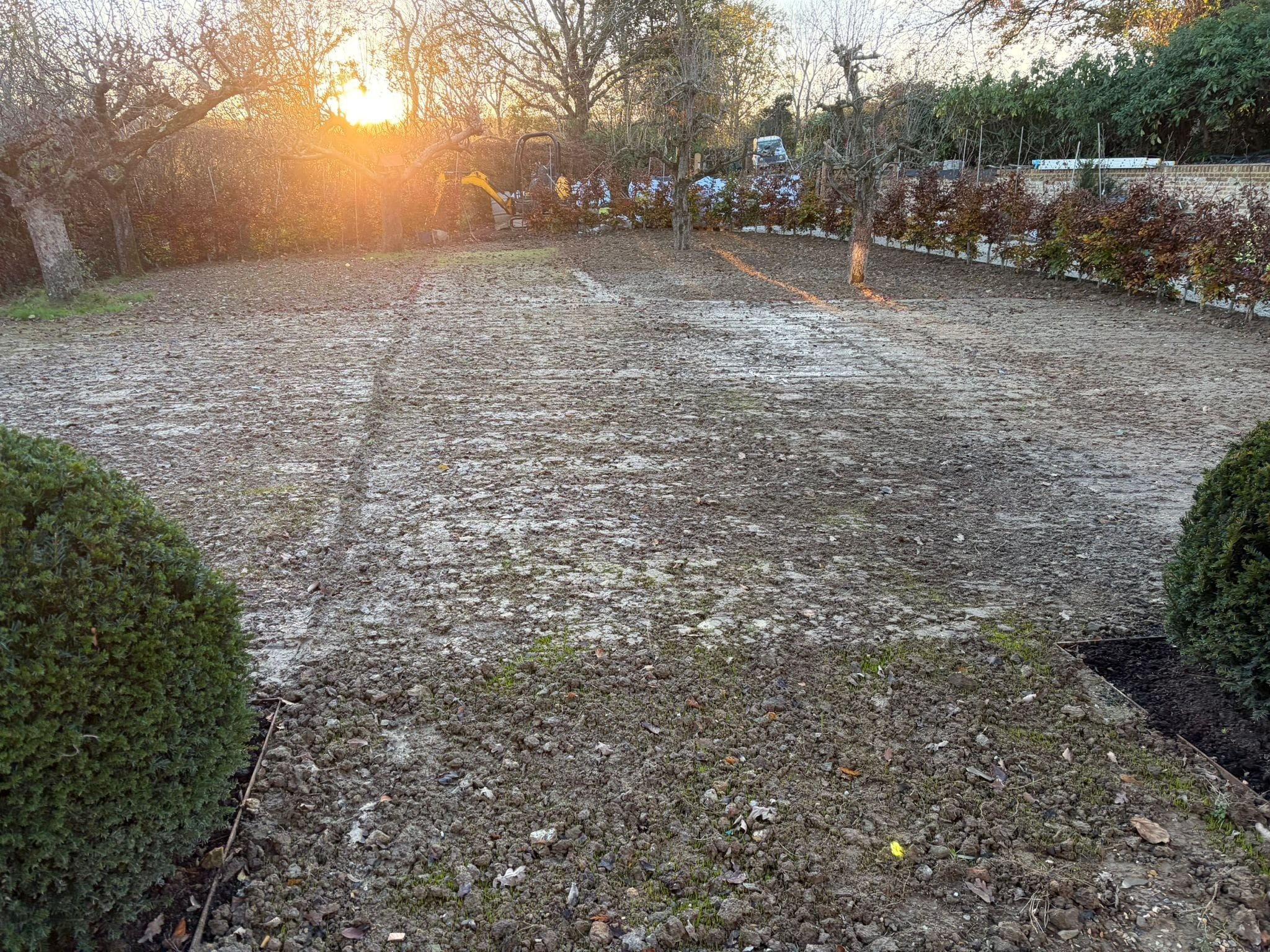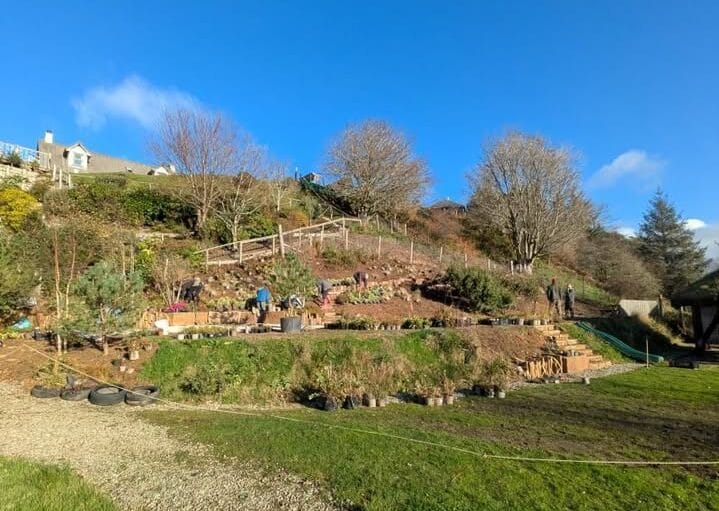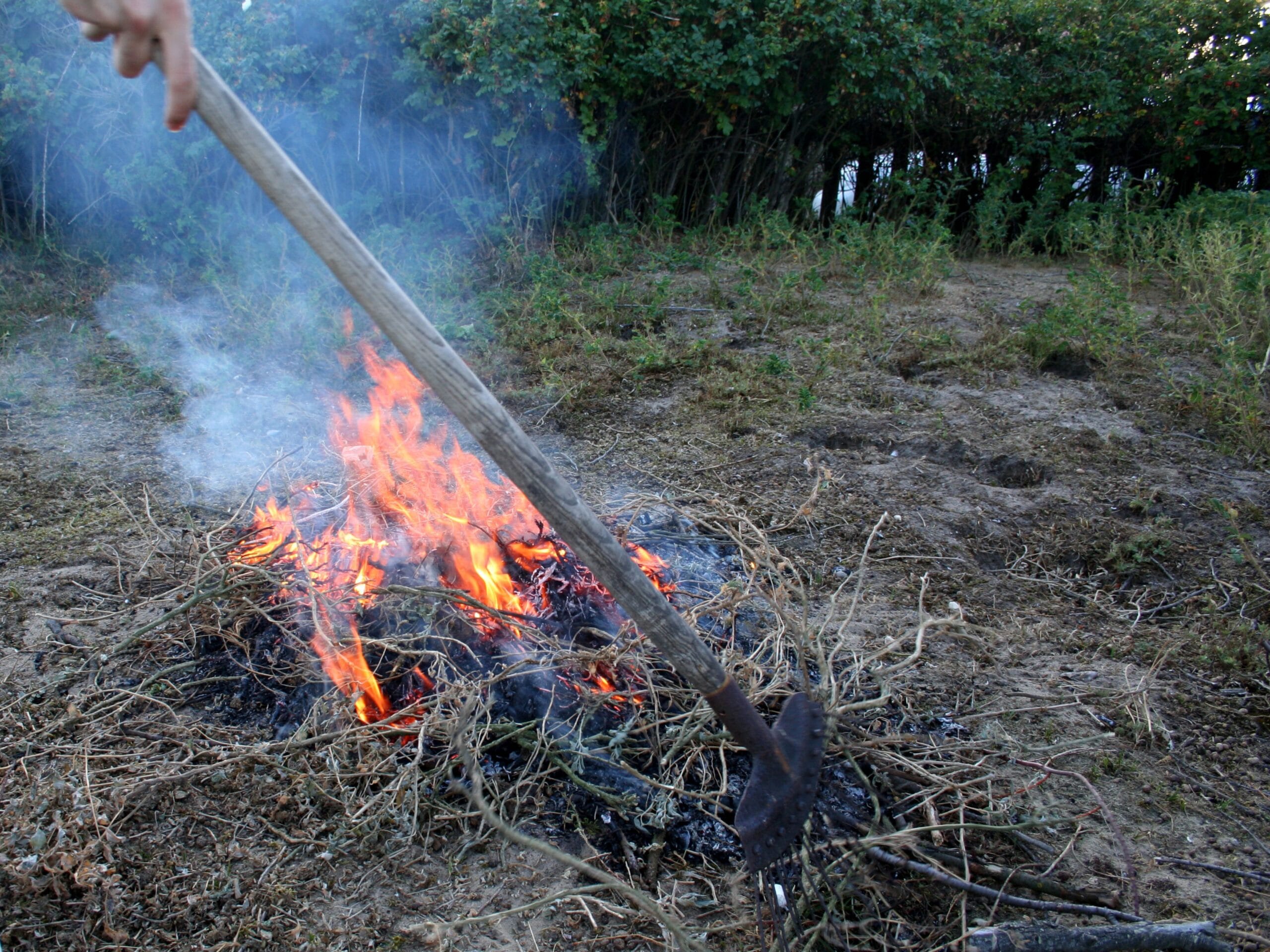Transform your garden this winter and be ready for a thriving 2026 season. At Frogheath…
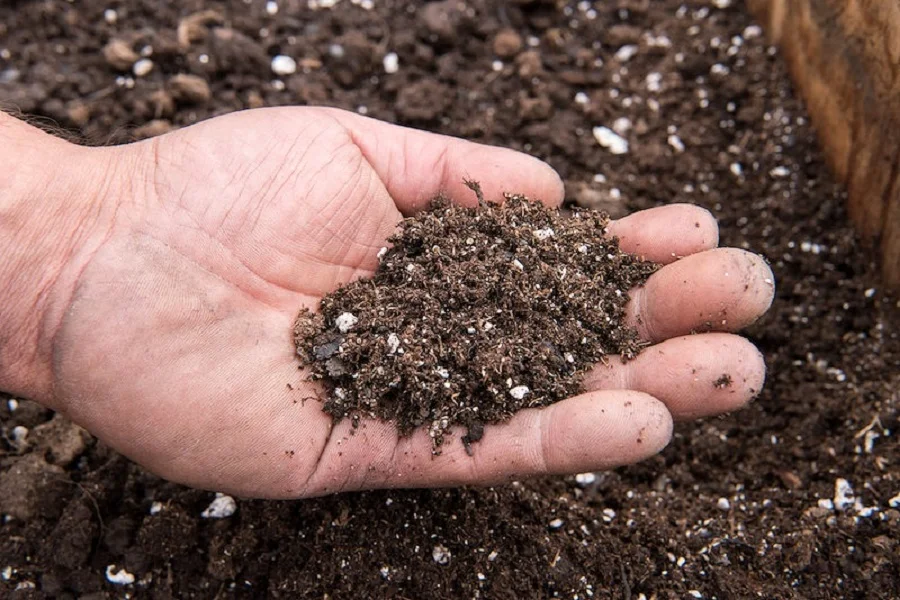
Soil Health
What does soil health mean to you? Does your soil meet the needs of your existing plants? Perhaps you have a planting plan in mind, but don’t know if your soil type suits this plan.
Frogheath Landscapes can help.
We regularly come across gardens whose soil is just not suitable for the plants and flowers trying to grow there. Thanks to our experienced landscapers, we can add different compositions of soil and drainage solutions to improve the health and efficiency of the soil, to see your plants thrive.
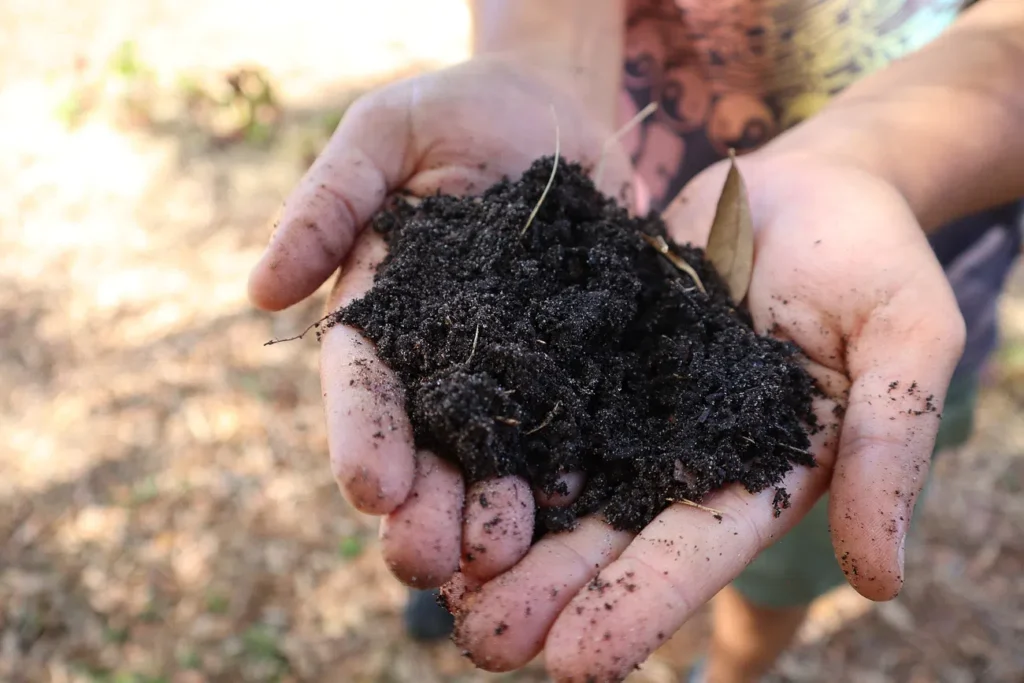
Soil health considerations:
- Different soil types
- pH
- Drainage
- Water retention
- Aeration
- Soil maintenance
Different soil types
The most commonly seen soil types are silt, sand, clay or loam. Silt soil can get washed away by rainwater or wind if left uncovered, but are fertile and retain water easily. Sand has less nutrients and drains quickly, so plants get less time to absorb the water. Clay soil doesn’t drain well but does hold it’s nutrients and is fertile. Loam soil is a combination of silt, sand and clay offering good fertility and drainage.
pH
Testing the pH of your soil is a good exercise as plants require it to be in a certain range in order to absorb nutrients. The lower the pH, the more acidic your soil, the higher the pH, the more alkaline it is. Plants generally require a pH of 6.5. Testing kits are available to purchase. However, if you feel overwhelmed at the prospect of adding things like sulfur or lime to alter our pH, contact the office and arrange a consultation with our director Steve, as this is something Frogheath can help you with.
Drainage & water retention
Poor soil drainage creates standing water which can drown your plants and push oxygen from the soil. Lack of oxygen can damage the roots and kill microbes. Good soil drainage is ideal for plant growth, the soil is warmer and contains useful organisms.
Aeration
Soil can become compacted over time, for example when people or pets walk over a bed. Every now and again your soil should be aerated to ensure it has enough oxygen. Oxygenation is important for soil health to help produce and maintain nutrients. You can aerate your soil using a fork every couple of months, avoiding when it is too wet.
Maintenance
General maintenance will improve your soil health to help you grow beautiful flowers and also provide a wildlife habitat. Mulching helps with drainage. Organic matter helps with aeration. Composting is a great soil improver and is an eco-friendly way of removing some household waste.
If you would like to discuss how you can improve your soil or would like someone to advise on beds, drainage or composting, please email info@frogheath.co.uk to arrange a consultation.


